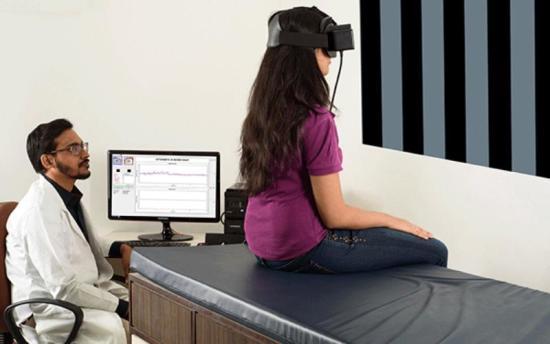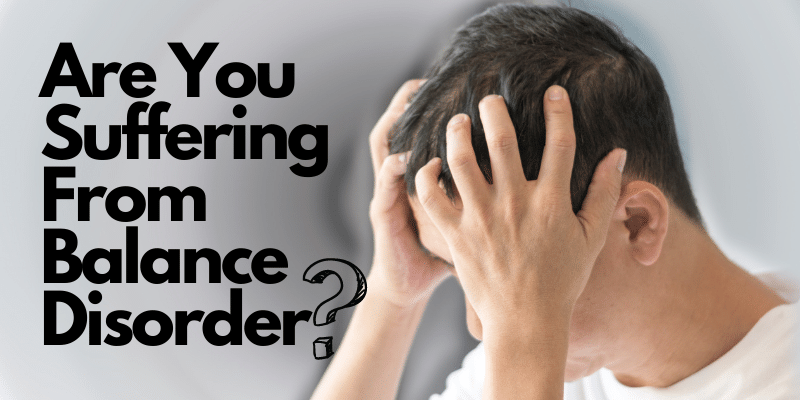Vertigo, Dizziness, Giddiness are common symptoms that are poorly understood by the patient as well as physicians.
It has been my experience that patients who suffer from a sudden episode of Vertigo reach the emergency unit of hospitals where they are admitted and subjected to a whole range of investigations, including a cardiac evaluation and an MRI of the brain. After a few days, the patient is discharged without reaching a conclusive diagnosis.
It is well known that sudden episodes of Vertigo that incapacitate a patient usually arise out of an Ear pathology. The cause has to be determined.
For a patient suffering from Giddiness, a detailed history is very important –
- when do the giddy spells happen,
- how long do they last,
- any accompanying symptoms like nausea, vomiting, headache, or visual disturbances,
- what precipitates the attack – like turning in bed, going out in the hot sun, after a period of viral infection?
- what medicine do you take to make it better?
For patients in whom we have not reached a diagnosis, we need to test the Vestibular System to locate the level at which the breakdown has occurred. Maintenance of balance is such a complex and automatic activity that it takes a battery of tests to reach a diagnosis.
TESTS COMMONLY CARRIED OUT

Video Nystagmography (VNG)Video Nystagmography (VNG) – evaluates central and peripheral vestibular system
Craniocorography (CCG) - checks for Vestibulo- Spinal reflex - gait testing
Caloric Test- by air caloric method
Subjective Visual Vertical (SVV)
Subjective Visual Vertical (SVV) - Checks the Otolith organ and looks for abnormalities in the vertical orientation.
Computerized Dynamic Visual Acuity (DVA)
Computerized Dynamic Visual Acuity (DVA) - checks for integrity of the Vestibulo-Ocular reflex.
Once the tests are carried out a test report is created and a diagnosis is suggested.
Along with that comes medication recommendations, rehabilitative exercises, or manoeuvres.
At our Centre we make patients download an App through which the patient remains in touch with the treating team. It also helps to disseminate information regarding exercises by way of videos etc.
VNG test being done
- History taking and clinical examination continue to be the most important diagnostic tools
- Normal test results do not rule out significant disease
- No single test can evaluate all functions- a battery of tests is required
- Test protocols must be strictly followed to get reliable results
Pics and Collaboration – Courtesy Med first ENT Centre and NeroEquilibrium.

